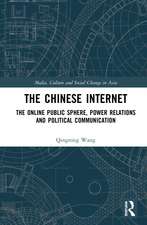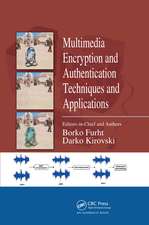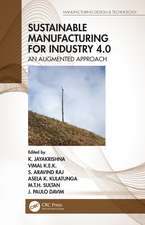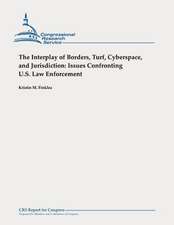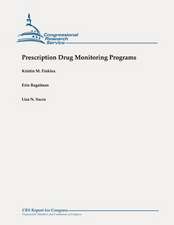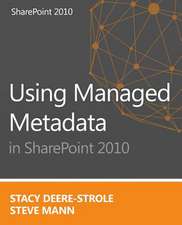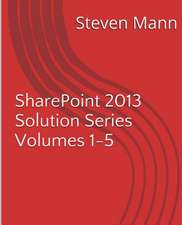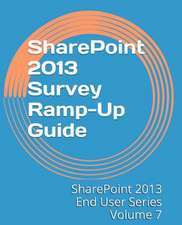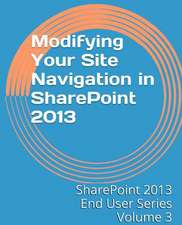Cybercrime
Autor Kristin M. Finklea, Catherine a. Theoharyen Limba Engleză Paperback
Preț: 74.67 lei
Preț vechi: 93.33 lei
-20% Nou
Puncte Express: 112
Preț estimativ în valută:
14.29€ • 14.90$ • 11.88£
14.29€ • 14.90$ • 11.88£
Carte disponibilă
Livrare economică 27 februarie-13 martie
Preluare comenzi: 021 569.72.76
Specificații
ISBN-13: 9781477650080
ISBN-10: 1477650083
Pagini: 32
Dimensiuni: 216 x 279 x 2 mm
Greutate: 0.1 kg
Editura: CREATESPACE
ISBN-10: 1477650083
Pagini: 32
Dimensiuni: 216 x 279 x 2 mm
Greutate: 0.1 kg
Editura: CREATESPACE




